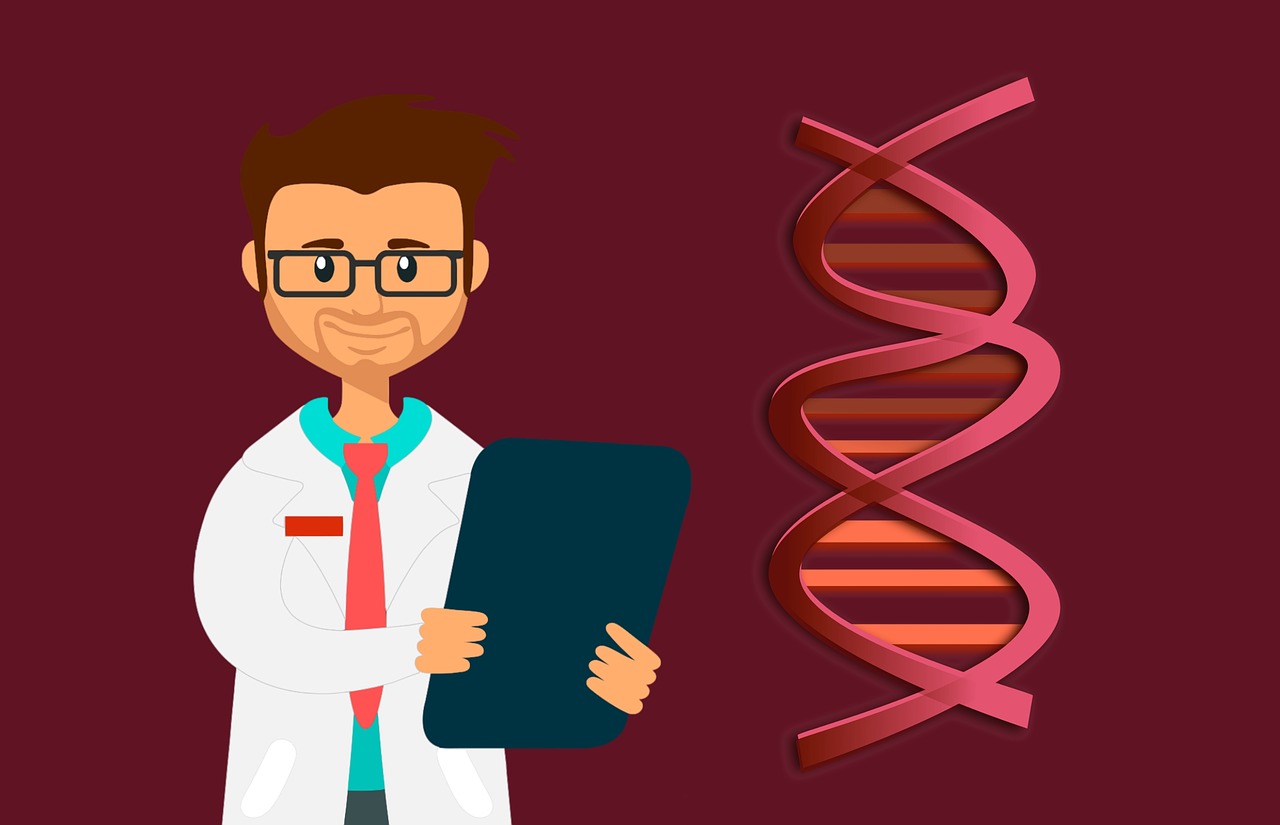
If you want to be certain to take care of your health, you must be sure that you are not overlooking some common health risks that could be affecting you. In fact, there are five common health risks that you could be dealing with or be at risk of developing that should warrant your immediate attention.
Read on to learn more about these five common health risks. And make sure to rule out these medical conditions with your medical provider.
1. Methylenetetrahydrofolate Reductase Mutation
Called an MTHFR Mutation for short, if you have this condition you are among the 80 percent of the population with the condition. MTHFR is an enzyme that helps ensure homocysteine, an amino acid in your blood, is broken apart. When the mutation impacts MTHFR, it can cause you to have unhealthy levels of homocysteine. As a result, you can be more susceptible to dangerous, and even life-threatening medical conditions.
Among the medical issues that could result are Alzheimer’s, bipolar disorder, breast cancer, heart disease, infertility, Parkinson’s, and prostate cancer. You run the risk of having one of more than 40 serious medical conditions. Fortunately, there are specialists that can help you address this condition with innovative therapies.
2. Irritable Bowel Syndrome
Irritable Bowel Syndrome (IBS) affects your large intestine. When you have this condition, you could have bloating, constipation and/or diarrhea, pain in your abdomen, and stomach cramping. You may even have mood issues associated with IBS.
And while there are all kinds of medications, both over the counter and prescriptions, available to help treat IBS, you should also consider changes to your diet. Your consumption of the following can cause IBS or make your IBS worse: carbonated beverages, fried and high-fat foods, and high-fiber foods.
3. Substance Abuse
More than 21 million people in the US suffer from a substance abuse problem. And if you are one of the many out there with an abuse issue, you should not ever let your condition continue without trying to seek professional help.
Whether you deal with alcohol abuse, illicit drug use, or opioid addiction, you have resources to get you the help you deserve and need. You can enroll in mental health counseling and rehab. You also can join community support groups.
4. Obesity
When your body fat level becomes too high, you could be diagnosed with or on your way to having an obesity condition. Obesity does not just mean your weight is too high. It is relative to your height and other physical factors, as well as your age. It is important for you to know the differences between being out of shape, overweight, and being obese.
For those of you who want to limit your risk of becoming obese, you can take measures on your own in addition to talking with your medical provider. Certain medications, genetics, lack of exercise, overeating, and psychological conditions are just a handful of the reasons you could become obese. And managing obesity issues is very important for your overall health. Failure to address any obesity condition you have could end up being a fatal decision on your part.
5. Type 2 Diabetes
If you are always thirsty, dealing with blurry vision, constantly tired, urinating a lot, and usually hungry, then you might be dealing with type 2 diabetes. And did you know this condition impacts almost 30 million people in the US alone?
In addition to making sure you drink plenty of water and get enough exercise, you also can limit your intake of certain foods to reduce your risk of developing type 2 diabetes. Make sure to keep an eye on how much-processed meat you eat, your red meat consumption, and anything with high levels of nitrates and/or sodium. Make sure to talk with your physician to ensure you are not at risk for the condition. There are treatment options that could work for you.
6. Urethra Pain
Urethra pain is a common painful health symptom. It can be an indicator of many underlying illnesses such as a urinary tract infection, yeast infection, or the passing of kidney stones. The urethra pain will vary from person to person. It is important if you experience any of these conditions to consult your health care professional.
Conclusion
To rule out or address any health issues covered above you must meet with your medical provider. He or she will be able to determine for certain if you do have one of the aforementioned conditions. They also can help keep these conditions from impacting you.


